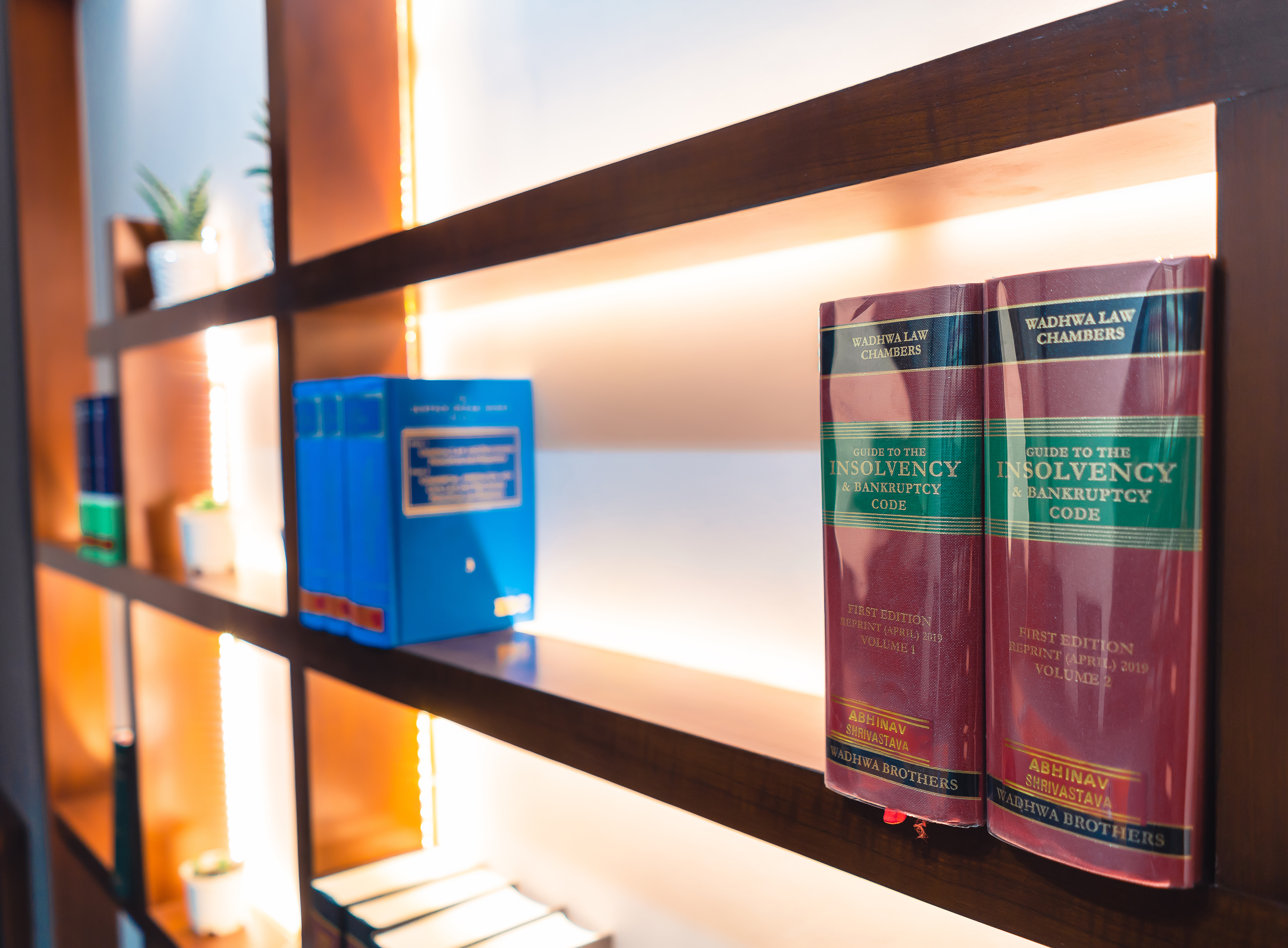– Sagun Srivastava & Vikhyat Garg
Introduction:
The Anti-Defection Law was implemented in 1985 and reinforced in 2002; It prescribes the process to remove a member of the State legislative assembly or Parliament i.e. either MLA’s or MP’s if they betray their party and resign from the party or moves to another political party.
In the 10th Schedule of the Indian Constitution, there are rules and regulations which are laid down regarding the Anti-Defection Law. The presiding officer i.e. the speaker or the chairman of the house disqualifies the member, however the Anti-defection law do not provide any time frame to the presiding officer in deciding the case whereas the Supreme Court and Venkaiah Naidu both recommended that the Speakers should deliberate their findings on defection matters within three months
The law is also applicable to MLA’s who are independently elected without the support of any of the party. This law restrains them from joining a new political party after they have been elected and if they do so, they might be removed from the legislature as well via Anti-defection law.
Eknath Shinde (former Minister of Shiv Sena) has accompanied a number of Shiv Sena legislators, alleging that he has the support of 40 of the state’s 55 legislators and that Uddhav Thackrey, the former chief minister, must step down. India’s anti-defection statute has received attention as a result of this. Eknath Shinde, the dissident leader of the Shiv Sena, was given the BJP’s backing as the new chief minister.
Grounds for Disqualification under Anti-Defection Law:
- If an elected official voluntarily renounces his membership in a political party.[1]
- If the member of such party votes against instructions given by his political party, then such party may disqualify such member.[2]
- If any member who was elected independently joins a party.[3]
- If any member who was nominated by the President in either of the house joins a political party after the six-month period has passed.[4]
- The Speaker or the Chairman of the House makes the final assessment regarding questions of disqualification based on defection.[5]
Exceptions under Anti-Defection Law:
- As per the 91st Constitutional Amendment Act, 2003, the anti-defection law will not apply when the leaving MLA’s constitute two-thirds of the party’s majority to merge with another party or may become a separate group in the legislature[6] As in Meghalaya, 12 out of 17 MLAs of the Congress joined the All India Trinamool Congress. In 2019, all of the six MLAs of the Bahujan Samaj Party joined the Congress in Rajasthan.
- If a person who has been elected as a chairman or speaker of that house can easily resign from his party, and rejoin the party after resigning that seat.
Court’s Interpretation on Anti-Defection Law:
In Kihoto Hollohan case[7], the Supreme Court declared that presiding officer’s decision is not final and that can be questioned in any court of law.
In the case of Ravi S Naik v. Union of India[8], According to the law, a person may be removed from eligibility if they “voluntarily give up his membership.” The Supreme Court has determined that, despite the member’s failure to formally resign, his actions can be used to conclude that he is abandoning membership.
In Shri Rajesh Verma v. Shri Mohammad Shahid Akhlaque[9], the court ruled that a party member must leave from the party if they openly condemn their original party and promote the opposing one.
In Mannadi Satyanarayan Reddy v. Andhra Pradesh Legislative Assembly and Ors[10] the issue of the Speaker’s or Presiding Officers’ authority was brought up. The court determined that the Tenth Schedule’s paragraphs 1, 2, and 6 do not restrict the Speaker’s ability to use his or her power to make a decision in this matter.
Conclusion:
In conclusion, it may be claimed that the legislation has been somewhat successful in minimizing political defections, but that there are still some flaws, such as the time frame for deciding the disqualification plea, etc. Politicians exploited this law’s weaknesses for personal gain. In order to confront the scourge of corruption and defection, which has undermined the values of democracy, it is urgent that our Parliament should monitor, and our constitutional experts should revisit the matter.
[1] Schedule 10; Clause 2(1)(a)
[2] Schedule 10; Clause (2)(1)(b)
[3] Schedule 10; Clause (2)(2)
[4] Schedule 10; Clause (2)(3)
[5] Schedule 10; Clause 10(8)(3)
[6] Schedule 10; Clause 4
[7]Kihoto Hollohan vs Zachillhu And Ors. 1992 SCR (1) 686
[8]1994 SCR (1) 754
[9] Civil Misc. Writ Petition No: 9750/2008
[10] Writ Petition No.28453 and 28624 of 2008
Sagun Srivastava is an Associate with GSL Chambers. Vikhyat Garg is an Intern at GSL Chambers.




